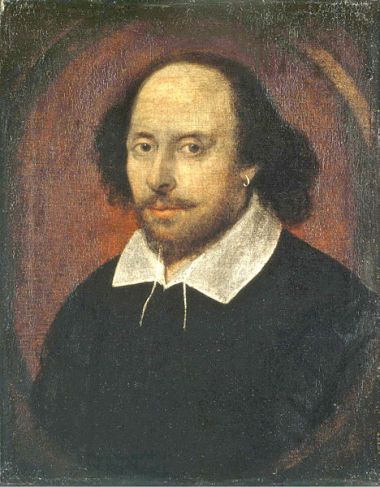Shakespeare's handwritten plea for humane treatment of refugees to go online
Shakespeare's only surviving play script, in which he begs for the humane treatment of refugees, is to be made available online by the British Library.

The writings are an imagined speech by Sir Thomas More, in which he challenges rioters, at a time when anti-immigration feelings were high, due to the hihg number of French Protestants seeking refuge in London.
"It is striking and sad just how relevant it seems to us now considering what is happening in Europe," the library's curator, Zoe Wilcox told the Guardian.
The manuscript is significant, as "all we have other than that are the six authentic Shakespeare signatures, so this is really amazing. It is not even fair copy, it is something he was drafting as he was mid-composition."
The original play, which was never performed, was reworked by several writies, including Shakespeare.
In the speech of Thomas More, he writes: "You'll put down strangers,/ Kill them, cut their throats, possess their houses,/ And lead the majesty of law in lyam/ To slip him like a hound. Alas, alas! Say now the King/ As he is clement if th'offender mourn,/ Should so much come too short of your great trespass/ As but to banish you: whither would you go?/What country, by the nature of your error,/ Should give you harbour? Go you to France or Flanders,/ To any German province, Spain or Portugal,/ Nay, anywhere that not adheres to England:/ Why, you must needs be strangers."
"It is a really stirring piece of rhetoric," Wilcox said.
"At its heart it is really about empathy. More is calling on the crowds to empathise with the immigrants or strangers as they are called in the text. He is asking them to imagine what it would be like if they went to Europe, if they went to Spain or Portugal, they would then be strangers. He is pleading with them against what he calls their 'mountainous inhumanity'."
The manuscript has been conserved and will be on display at the British Library's Shakespeare in 10 Acts exhibition, set to open on April 15. It is one of 300 newly digitised works that seek to engage wider audiences with Shakespeare's works and his influences. The images are available online.











